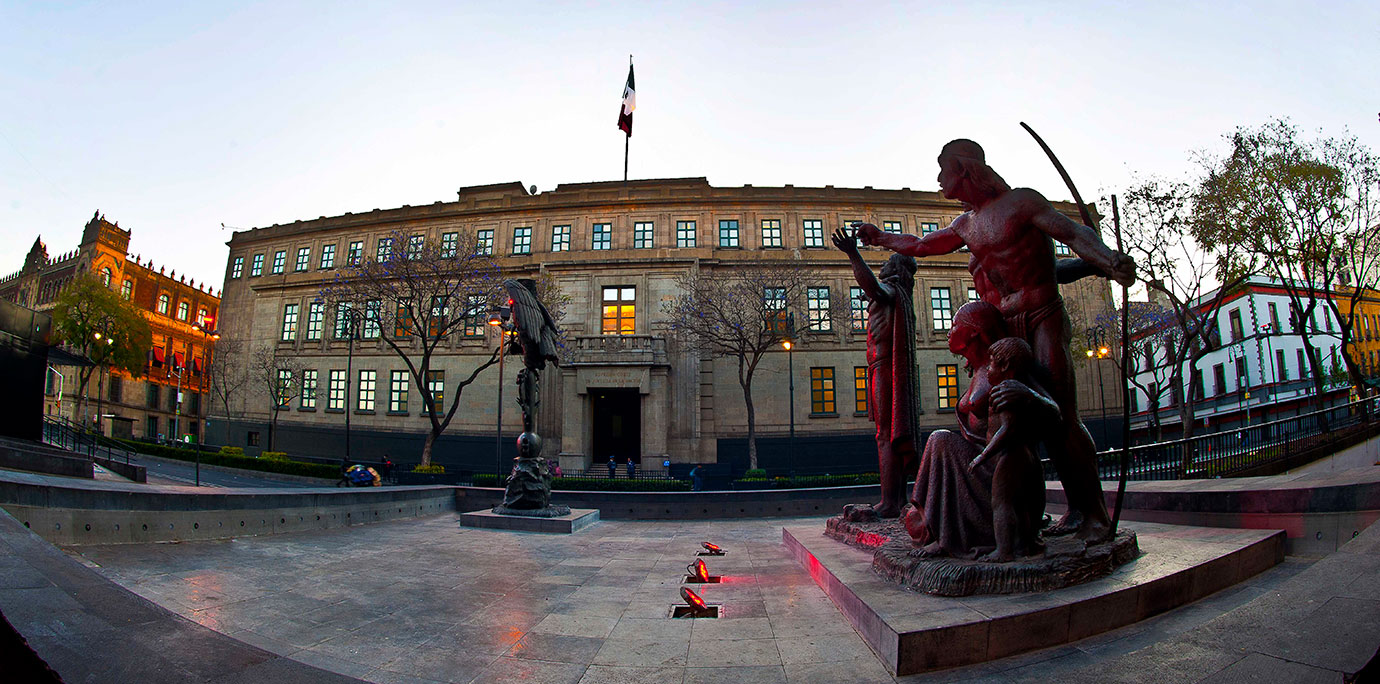
The Second Chamber of the Supreme Court of Justice of the Nation (SCJN) declared constitutional the labor reform approved by Congress in May 2019, which was intended to comply with the commitments in this matter within the trade agreement between Mexico, the United States and Canada (USMCA).
By unanimity, the ministers of the Second Chamber approved the project of Minister José Fernando Franco González-Salas, in which four Amparos were denied to the Union of Workers of the Factories of Electrical Devices, Electronics and Installations in the Federal District.
Last year’s labor reform, promoted by President Andrés Manuel López Obrador, looked at schemes of unions democracy and combating corruption. For example, to guarantee the right of workers to participate in collective negotiation activities and to form or join the union of their choice. To establish independent and impartial bodies to register trade unions elections and resolve disputes related to collective agreements, establish requirements for the registration of collective agreements and ensure the transparency of negotiated collective agreements.
In this context, the Union of Workers of the Factories of Electrical Devices, Electronics and Installations in the Federal District promoted legal remedies (Amparos) that reached the Court, “against acts of the Congress of the Union and other authorities, consisting of the issuance, approval and publication of the decree reforming, adding and repealing various provisions of the Federal Labour Law, the Organic Law of the Judiciary of the Federation, the Federal Law of the Public Defender’ Office, the Law of the Institute of the National Housing Fund for Workers and the Social Security Act, on justice, freedom of association and collective negotiation”.
The project approved in the Second Chamber declared the constitutionality of Articles 110, 371, 371 Bis, 390 Ter, 399 Ter and 400 Bis of the Federal Labour Law; as well as Eleventh, Twenty-Second and Twenty-Third transients of the decree reforming, adding and repealing various provisions of the Federal Labour Law, the Organic Law of the Judiciary of the Federation, the Federal Law of the Public Defender’s Office, the Law of the Institute of the National Housing Fund for Workers and the Social Security Act , on labour justice, freedom of association and collective negotiation, published in the Official Journal of the Federation on 1 May 2019.
Source: El Economista
SYMBIOSIS is actively advising Canadian companies with operations in Mexico on all aspects of the broad Legal Compliance and Corporate Governance. We are tracking developments and are available to assist foreign investors with questions about Mexico’s legal framework and strict compliance options.
- Related Article: AUTODIAGNOSTIC FOR USMCA LABOUR CRITERIA
- Download our AUTODIAGNOSTIC form, complete it to the best of your knowledge and return it to us for a complimentary validation.
–





